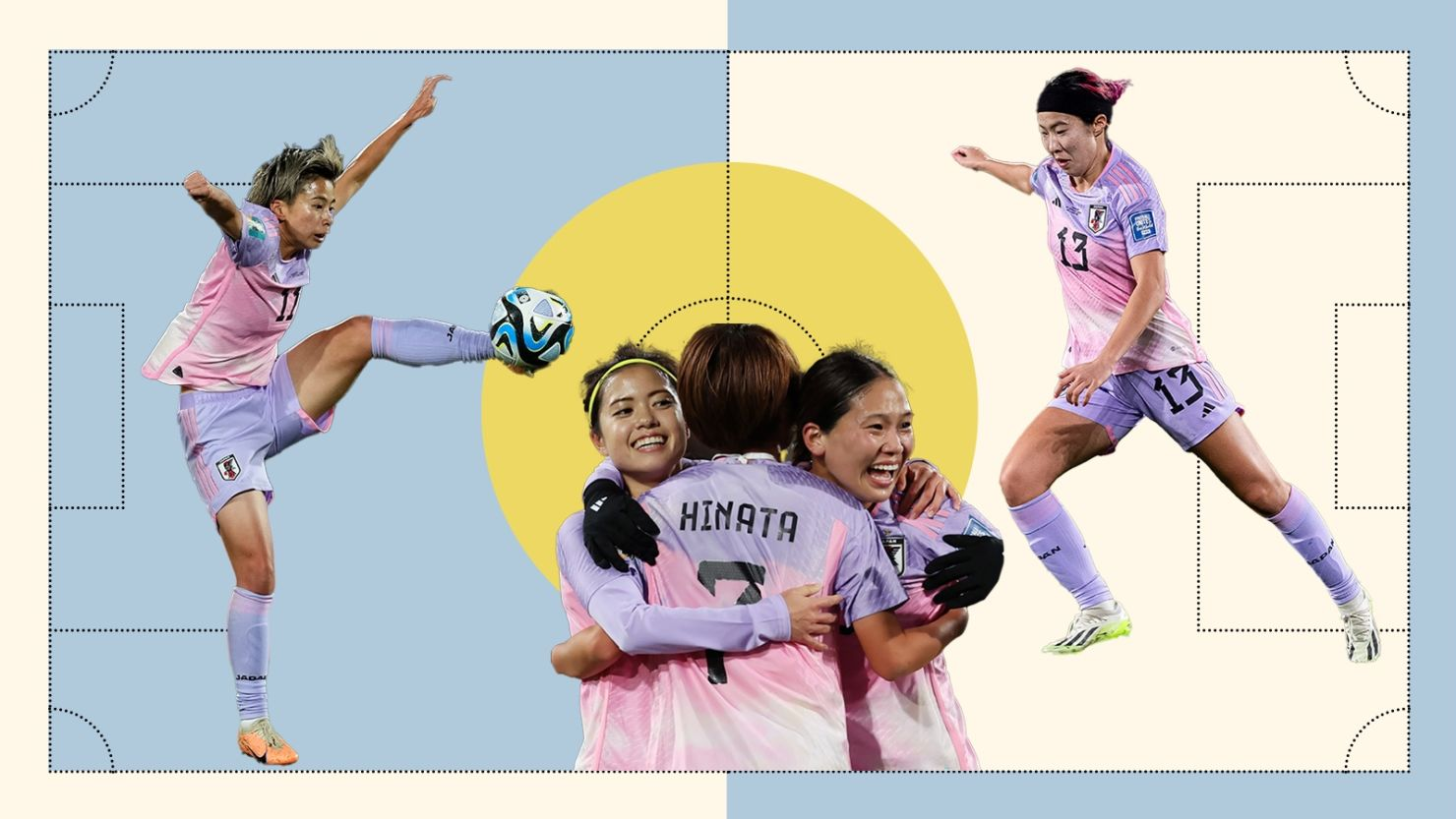- Published on
The Rise of Morocco s National Football Team A Journey to Success
- Authors

- Name
- Adil ABBADI
Introduction
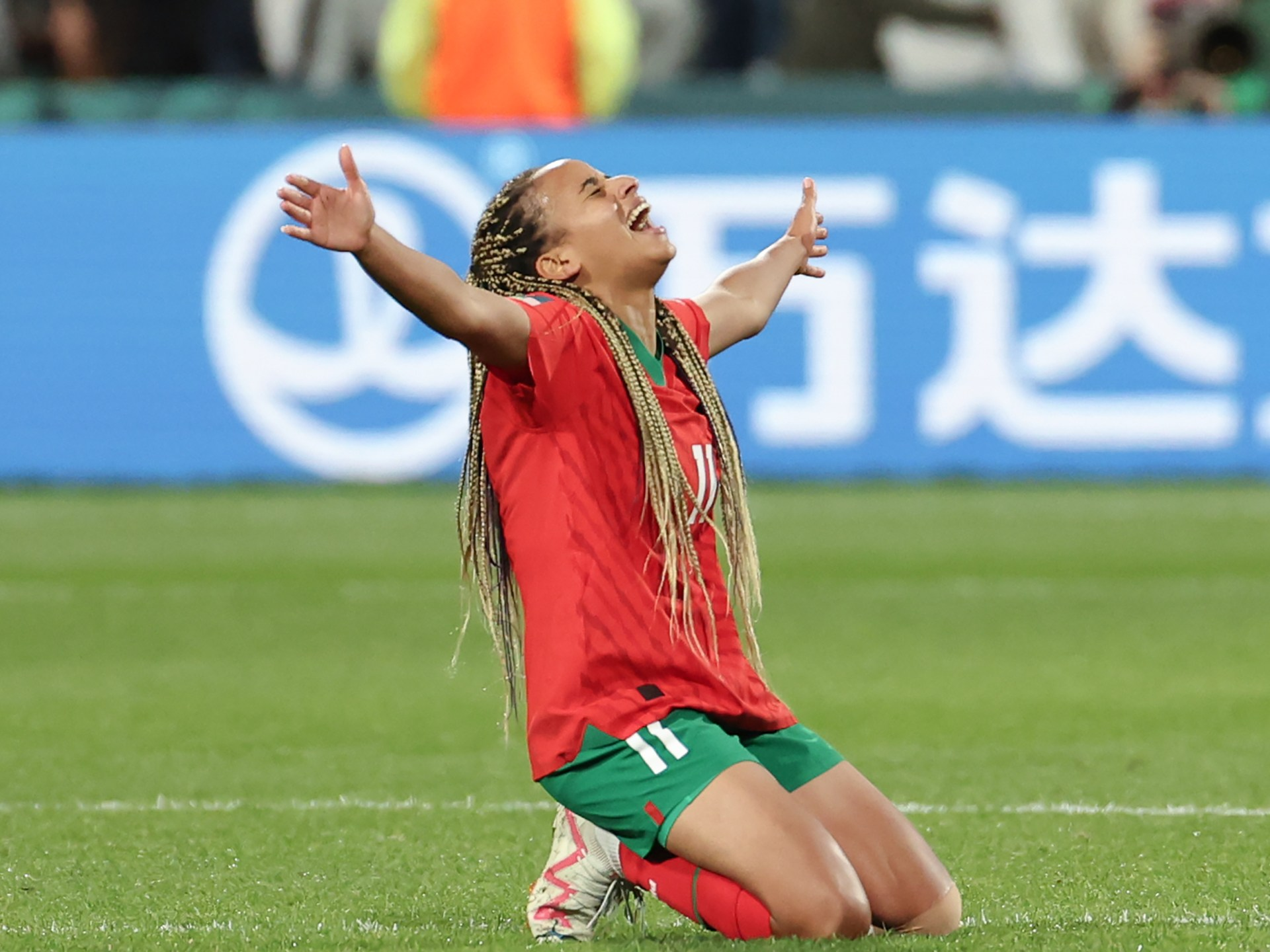
In recent years, Morocco's national football team has been on an upward trajectory, defying expectations and captivating the hearts of fans worldwide. From their early struggles to their current status as a top-ranked team, the Atlas Lions' journey is a testament to perseverance, dedication, and the power of football to unite a nation.
- Cultural Context
- Rise to Prominence
- Traditional Significance
- Modern Relevance
- Cultural Preservation
- Conclusion
- Cultural Call-to-Action
Cultural Context
Football is an integral part of Moroccan culture, with the beautiful game being an extension of the country's vibrant identity. The sport has been a unifying force, bridging social and economic divides, and providing a platform for self-expression. Morocco's national team is a reflection of the country's rich cultural heritage, with players drawn from diverse backgrounds, united by their passion for the game and their nation.
Rise to Prominence
Morocco's football team has undergone a significant transformation since their first international match in 1957. The team's early struggles were marked by inconsistent performances and lack of infrastructure. However, with the appointment of French coach Henri Michel in the 1990s, the team began to show signs of improvement, qualifying for the 1998 FIFA World Cup.

The team's progress continued under the guidance of coaching legends such as Badou Ezzaki and Hassan Moumen. The Atlas Lions' crowning achievement came in 2022 when they qualified for the FIFA World Cup, marking their sixth appearance in the prestigious tournament.
Traditional Significance
Football is deeply ingrained in Moroccan tradition, with the sport being an integral part of the country's social fabric. The national team's success has been celebrated with vibrant street parties, with fans donning the team's iconic red and green jerseys, and waving flags adorned with the Moroccan crest.
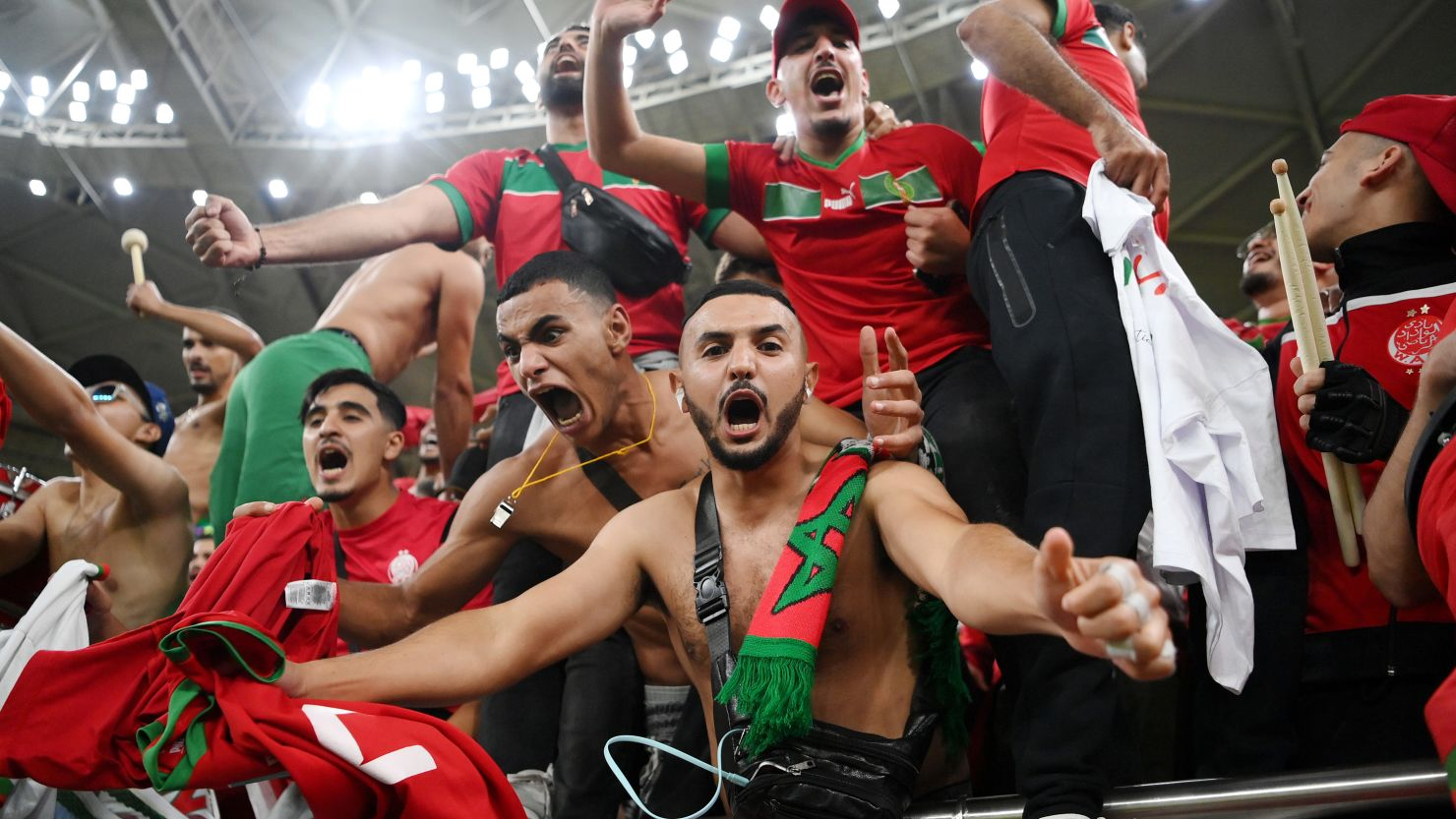
The team's success has also been marked by traditional celebrations, with players and coaches paying homage to their cultural heritage. The Atlas Lions' journey has been punctuated by poignant moments, such as the team's traditional huddle before each match, where players gather to recite a prayer and invoke Allah's blessings.
Modern Relevance
Morocco's national football team has become a symbol of national pride, transcending generations and social classes. The team's success has inspired a new generation of Moroccan footballers, with players like Hakim Ziyech and Achraf Hakimi becoming international stars.
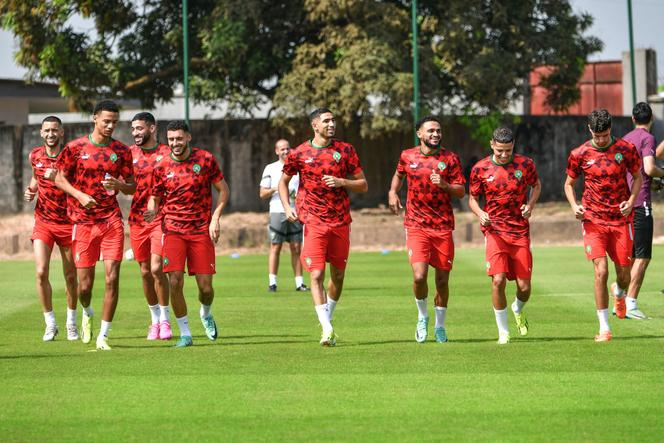
The team's modern relevance extends beyond the football pitch, with their success having a profound impact on Moroccan identity. The Atlas Lions have become a symbol of national unity, bridging cultural and linguistic divides, and inspiring a sense of shared purpose among Moroccans.
Cultural Preservation
As Moroccan football continues to evolve, efforts are being made to preserve the cultural heritage of the sport. The Moroccan Football Federation has launched initiatives to promote grassroots football, develop infrastructure, and provide training programs for young players.
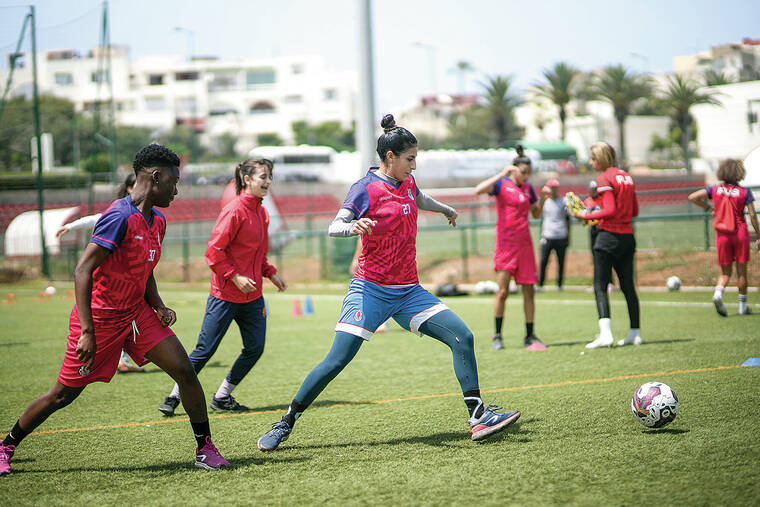
The federation has also partnered with local organizations to promote cultural exchange programs, aiming to preserve the traditional aspects of Moroccan football while embracing modern innovations.
Conclusion
Morocco's national football team has undergone a remarkable transformation, rising from obscurity to become a force to be reckoned with in international football. Their journey is a testament to the power of football to unite a nation, and the impact of cultural heritage on sporting success.
Cultural Call-to-Action
As the Atlas Lions continue to roar, we invite you to join the celebrations, immerse yourself in Moroccan culture, and experience the vibrant spirit of the Moroccan people. Let us cherish the beauty of football, and the rich cultural heritage that it embodies.
